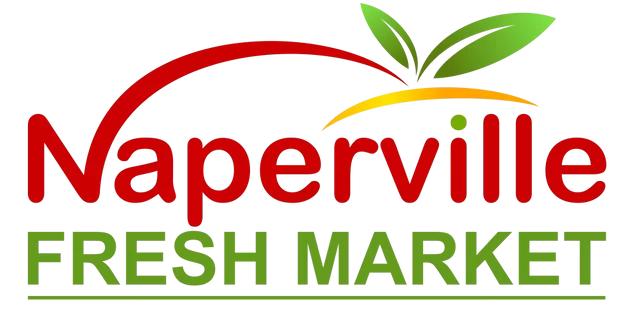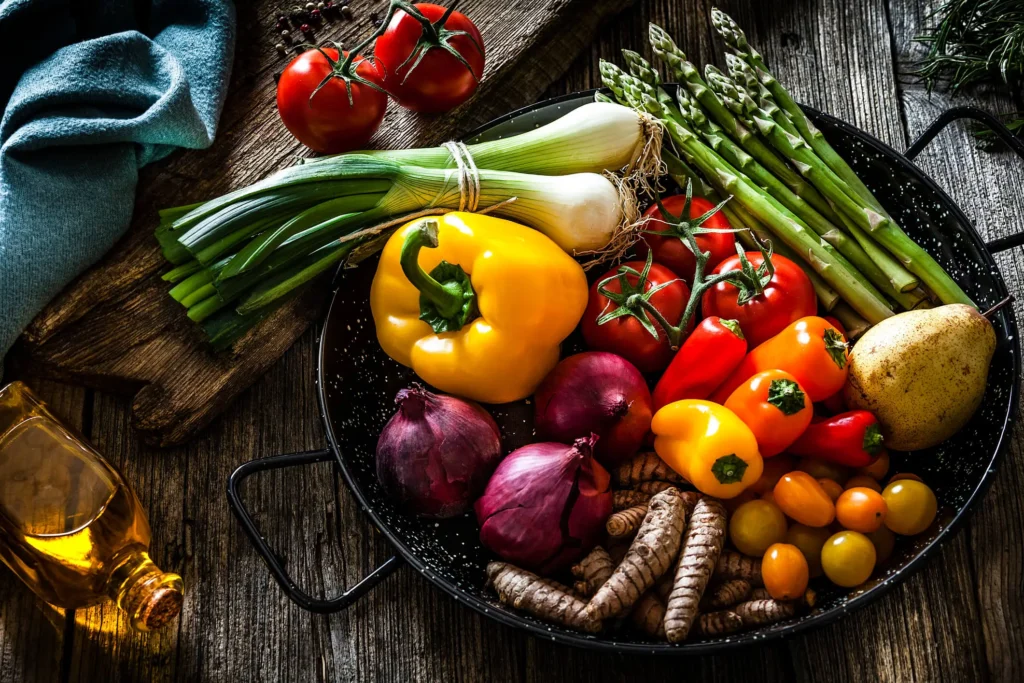Embarking on the Organic Journey
As more people seek a deeper connection with their food and a commitment to healthier living, understanding the organic food chain becomes paramount. Join us on a journey from the farm to your fork, exploring the intricate and humanized process of bringing organic goodness to your table.
1. Organic Farming Practices
At the heart of the organic food chain lies the dedicated farmers committed to organic farming practices. These farmers prioritize soil health, biodiversity, and natural methods to cultivate crops. The absence of synthetic pesticides and fertilizers contributes to the purity and quality of organic produce.
2. Seed Selection and Crop Rotation
The journey begins with careful seed selection, where organic farmers opt for non-genetically modified (non-GMO) seeds. Crop rotation, a sustainable farming technique, ensures soil fertility and reduces the risk of pests and diseases. This meticulous process sets the foundation for the organic food that reaches your plate.
3. Organic Certification and Standards
To maintain the integrity of the organic food chain, farms undergo rigorous certification processes. Organic certification ensures adherence to strict standards that cover everything from soil quality to pest management. This certification guarantees that the food produced is genuinely organic, offering consumers confidence in their choices.
4. Ethical Animal Husbandry
For those enjoying organic meats and dairy, ethical animal husbandry is a crucial step in the organic food chain. Organic livestock is raised with access to open spaces, a natural diet, and without the use of antibiotics or synthetic hormones. This humane approach reflects the interconnectedness of the organic system.
5. Sustainable and Local Distribution
Once harvested and processed, organic food makes its way to local markets, grocery stores, and farms. The emphasis on local distribution reduces the carbon footprint associated with transportation, supporting sustainable practices and fostering a sense of community in the food chain.
6. Your Role: Making Informed Choices
Your journey in the organic food chain begins at the grocery store or local market. By making informed choices and selecting organic produce, meats, and dairy, you actively support the entire system. Your choices contribute to the sustainability of farms, the well-being of animals, and the health of the environment.
7. The Culmination: From Fork to Satisfaction
As you sit down for a meal prepared with organic ingredients, you experience the culmination of the organic food chain. The flavors on your plate are not just a result of culinary skill but are a testament to a holistic and humanized process that values health, sustainability, and ethical practices from farm to fork.
Nourishing Body and Planet
The organic food chain is a collaborative journey that involves farmers, distributors, retailers, and conscious consumers. By understanding and participating in this cycle, you contribute to the nourishment of both your body and the planet. Let your choices be a celebration of health, sustainability, and the interconnectedness of the food chain.
Learn more about Organic Food

